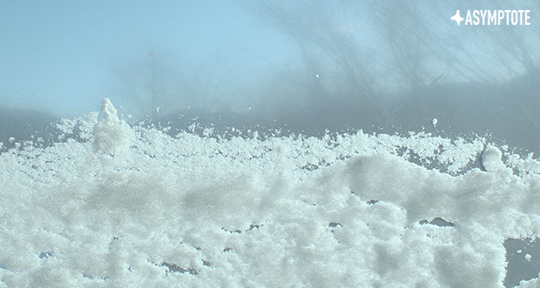For many of us, Christmas is a time for gathering with family, giving gifts, and singing carols. For others, however, the holiday isn’t a snowy Love Actually postcard scene; in some parts of the world, it features tropical weather and end-of-year department store sales, while in others, it’s a just a regular day. You’ve read the blog’s Summer Ennui reading recommendations, and now we’re back with a list of our favorite Christmastime reads from Assistant Managing Editor Rachael Pennington, Communications Manager Alexander Dickow, and Editors-at-Large Alice Inggs and Barbara Halla.
Alice Inggs, Editor-at-Large for South Africa
Picture this: it’s December 25 in South Africa and there is drought somewhere in the country. Farmers pray for rain, sink boreholes, shoot dying sheep. The acacia in the bushveld to the north is bone-white and the grass invites fire. The heat is a white heat and cattle bones glare in the sun. The paint on Father Christmas statues outside shopping centres begins to melt and pine cuttings out of water droop. Tempers crackle and flare. The roads are too busy and the accident death toll climbs. White-robed umnazaretha worshipping in the open veld stand out against the brown-grey earth. It is hot and bleak and houses are full because all the family came to visit.
“It is a dry, white season” begins South African Black Consciousness writer Mongane Wally Serote’s poem “For Don M. — Banned.” It was written in the early 1970s for Don Mattera, a Xhosa-Italian poet and friend of Serote’s who had been banned by the apartheid government. The first line of Serote’s poem was later borrowed by Afrikaner André Brink for his 1979 novel ’n Droë Wit Seisoen (A Dry White Season). The book was banned too, as well as a subsequent film adaptation starring Zakes Mokae and Donald Sutherland. It’s been two and a half decades since those laws were repealed and the cultural whitewash acknowledged, but that line—“It is a dry, white season”—still echoes through summer in South Africa, the season in which Christmas falls; a reminder of the oppressive atmosphere that back then was not limited to the months when the temperature climbed.



